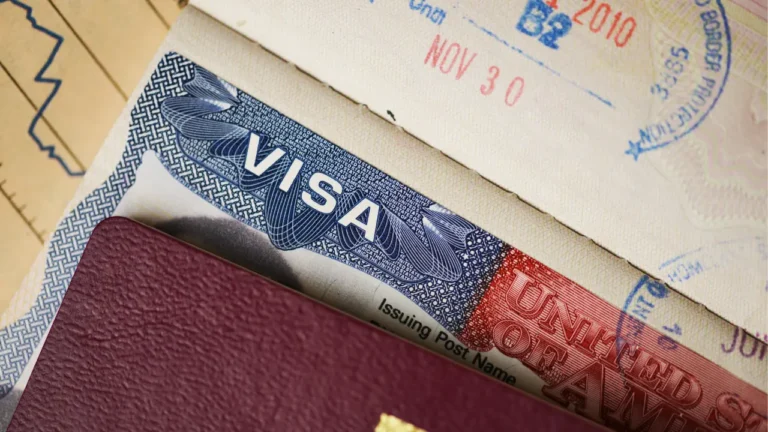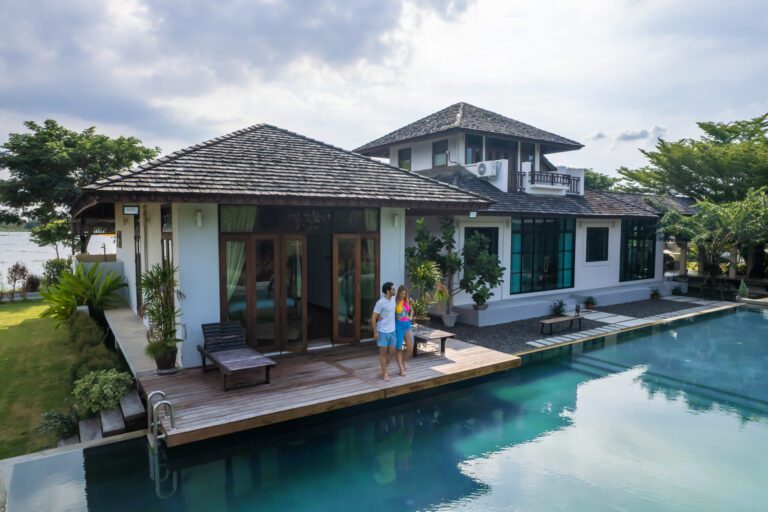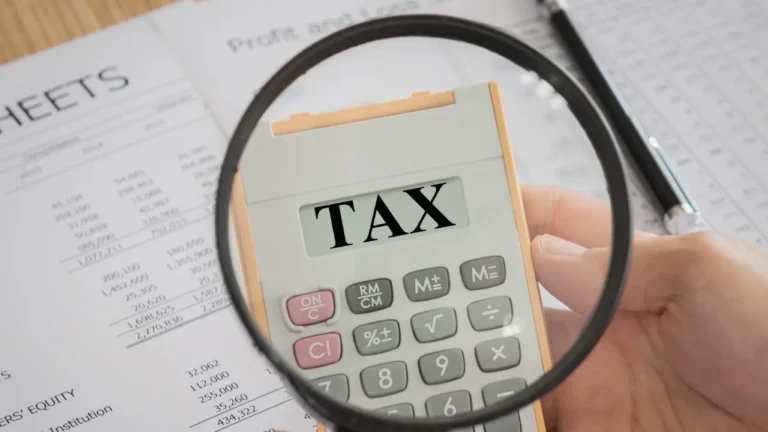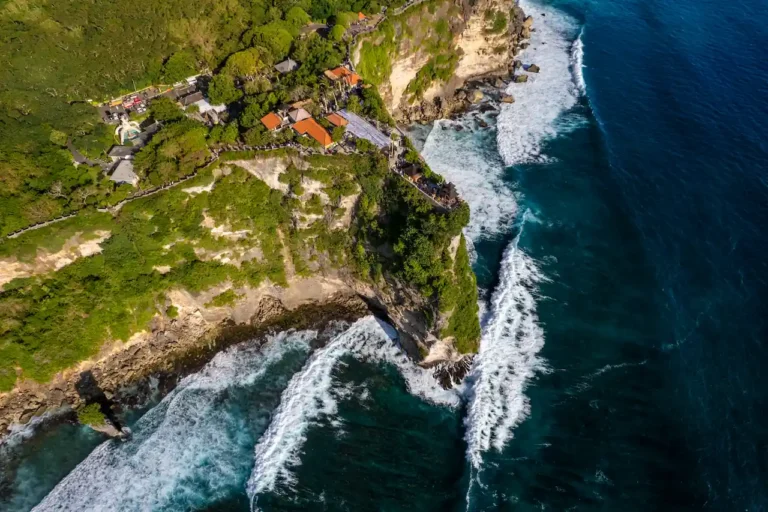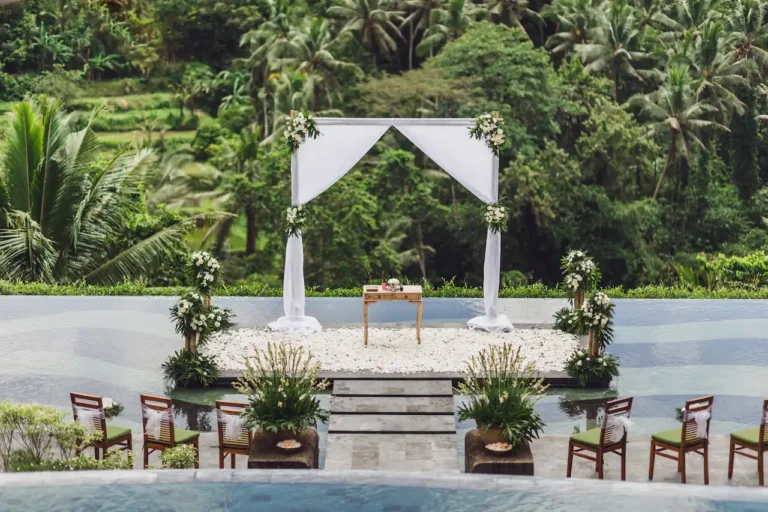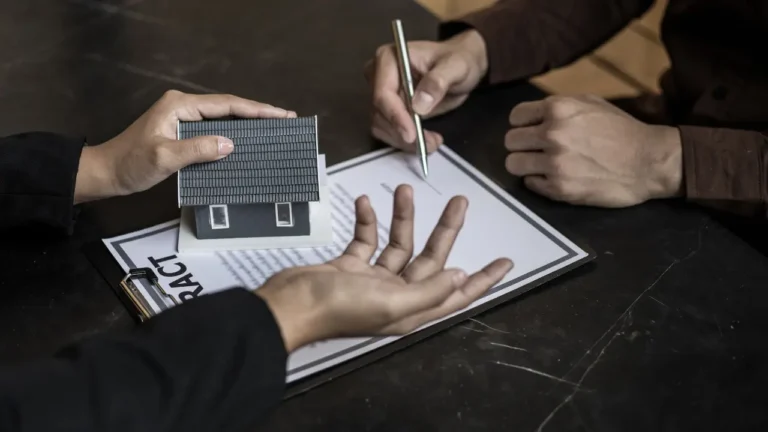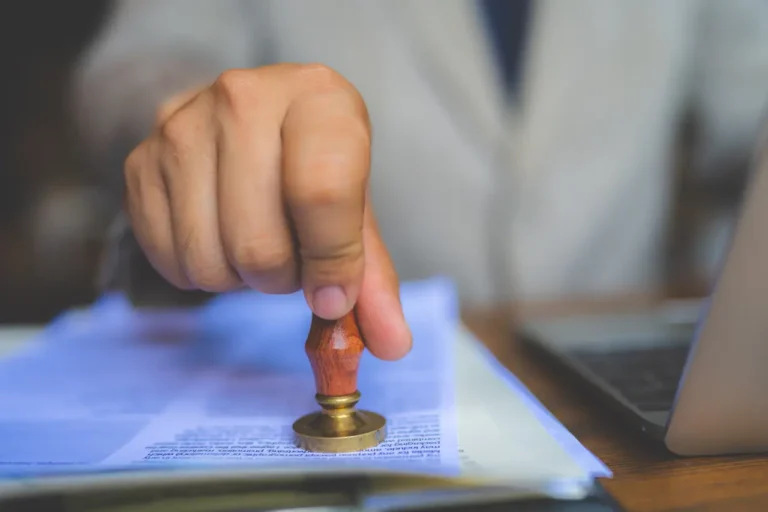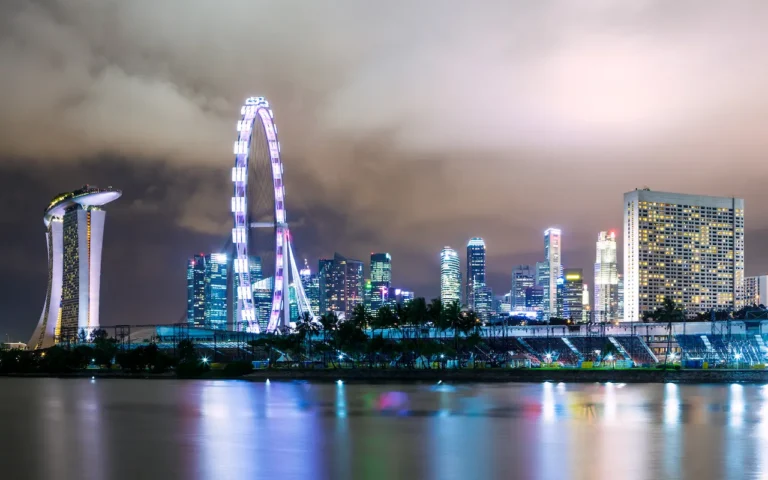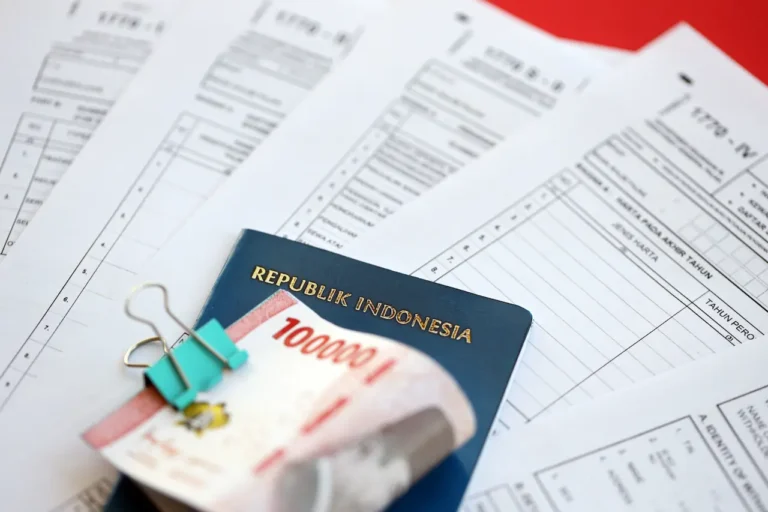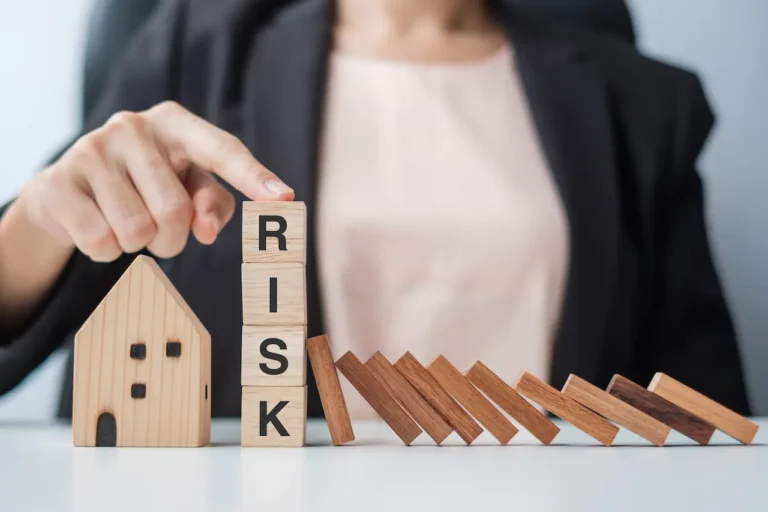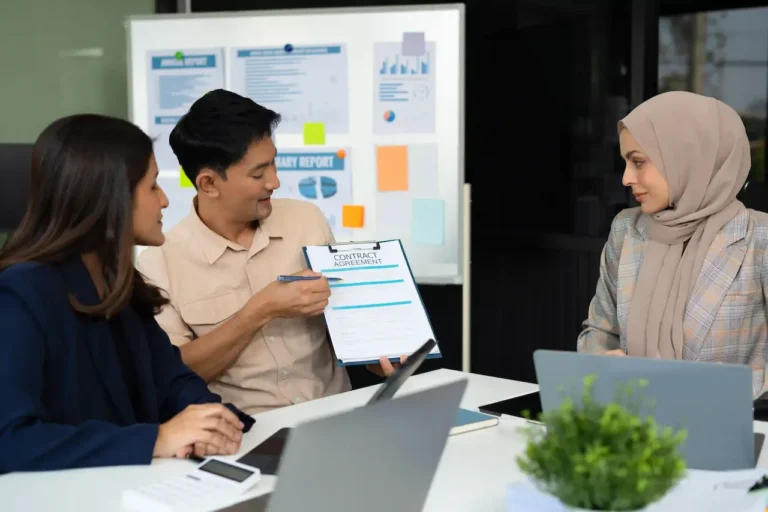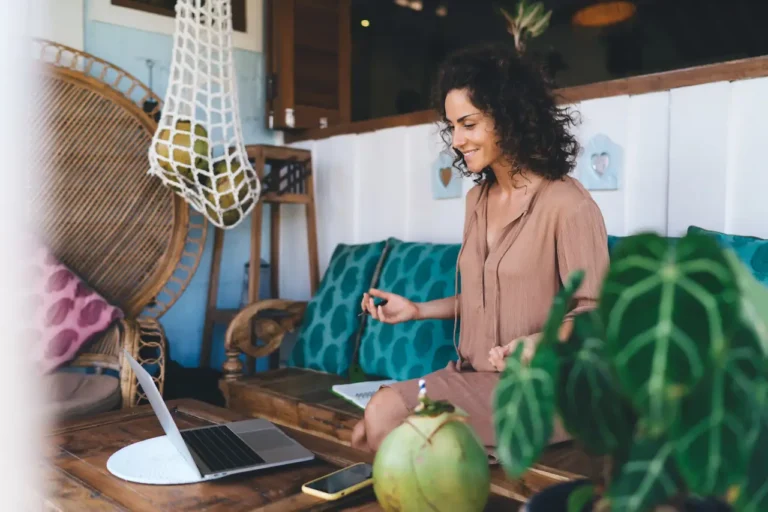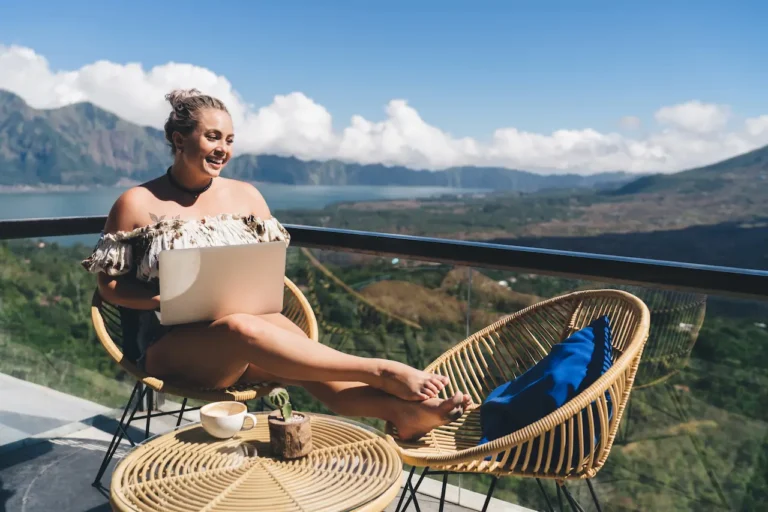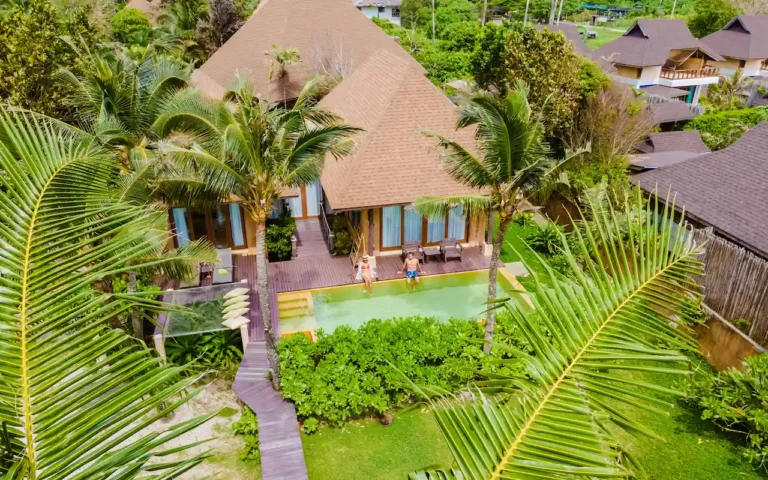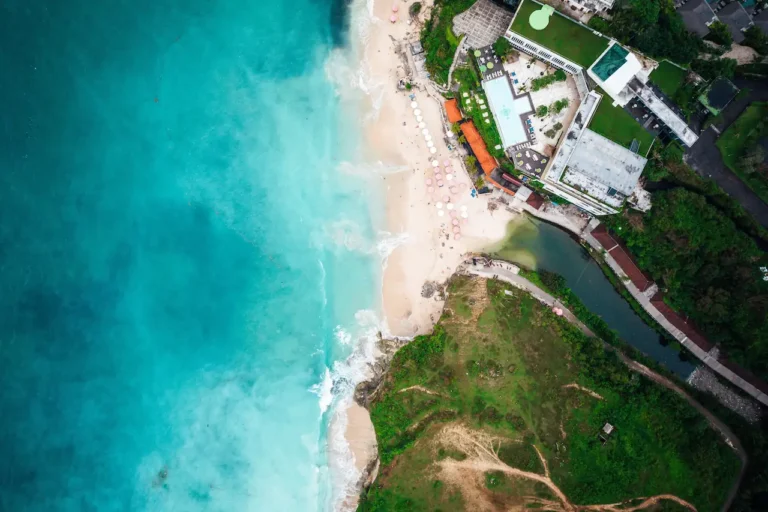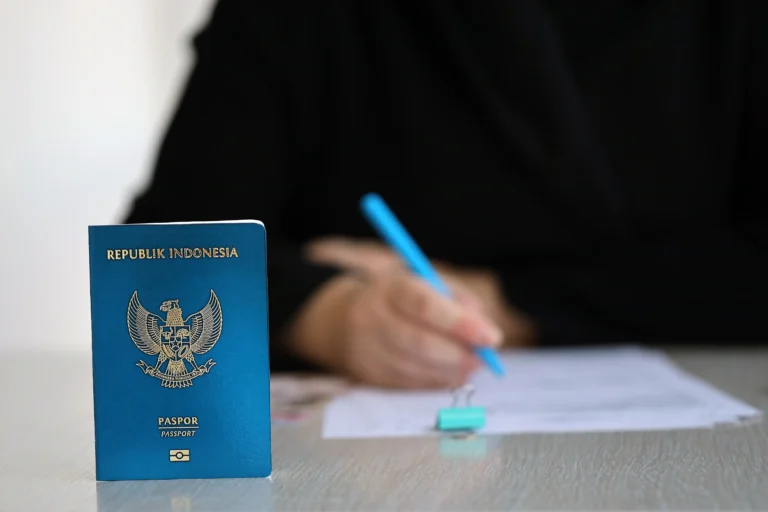Table of Contents
ToggleThis guide explains how to obtain an alcohol license in Indonesia, specifically in Bali, for businesses and companies looking to sell alcohol as retailers. Retailers include restaurants, bars, or any establishment offering alcoholic beverages to customers.
Indonesia, a predominantly Muslim country, does not prohibit alcohol. In cities like Jakarta and Bali, finding popular drinks like Bintang beer is easy. Bali has also seen a rise in local alcohol production, including beer, wine, and spirits. For restaurants and bars, selling alcoholic beverages is essential—even in Ubud, where many vegan restaurants also serve alcohol.
Dealing with alcohol in Bali or other parts of Indonesia need some considerations. A few importers have the authorized license to import alcohol on the territory if you consider importing spirits from overseas and respecting the law.
Read also: 12 Things To Know To Create A Company In Indonesia
Overview of Indonesian Alcohol Licensing Laws
Indonesia’s approach to alcohol sales is governed by strict regulations to ensure public safety and compliance with local customs. The Ministry of Trade and the local government bodies are primarily responsible for issuing alcohol licenses, with regulations varying slightly between regions, including Bali and Lombok. It’s crucial to familiarize yourself with these nuances to avoid legal pitfalls.
Why do you need an alcohol license for your restaurant or bar in Bali?
Indonesia has some restrictions on how you can sell alcohol. The alcohol industry is very specific and need some considerations if you plan to sell beer, spirits or wines. It is important to follow the rules as the local governments can conduct some inspections leading to important penalties with a temporary or final closure of the business you operate. To legally sell alcohol in your establishment, you must obtain an alcohol license in Indonesia. A valid alcohol license not only ensures your establishment operates legally but also builds trust with customers and local authorities. However an alcohol license to sell beer, wine or spirit doesn’t authorize you to produce alcohol.
Which criteria to meet to obtain an alcohol license in Bali or Indonesia?
Foreigners willing to obtain an alcohol license must meet those major requirements to
- Business Registration: Your business must be legally registered in Indonesia. You need to establish a PT PMA (foreign-owned company) with a business license (NIB) in line with your business activity. If you plan to open a restaurant or a bar the first step is to make sure your current or new company will be open with the correct license.
- Visa and Work Permit: Opening a bar or restaurant does not mean you can work in your business and serve alcohol to your customer even if you have the appropriate license. Working permits (KITAS) in Indonesia are really specific and being caught serving alcohol can bring a fine or deportation.
- Location: Your business location must comply with local zoning laws for alcohol sales, which can vary significantly between Kapubaten and Desa.
- Contract with a certified distributor: Serving spirits in a restaurant requires to have a partnership agreement with a certified distributor authorized to sell alcoholic beverages or spirit as wholesaler. It is important to check that your distributor has all necessary documents as it can have some consequences on your application itself. You can contact us if you need more details to check their documentation.
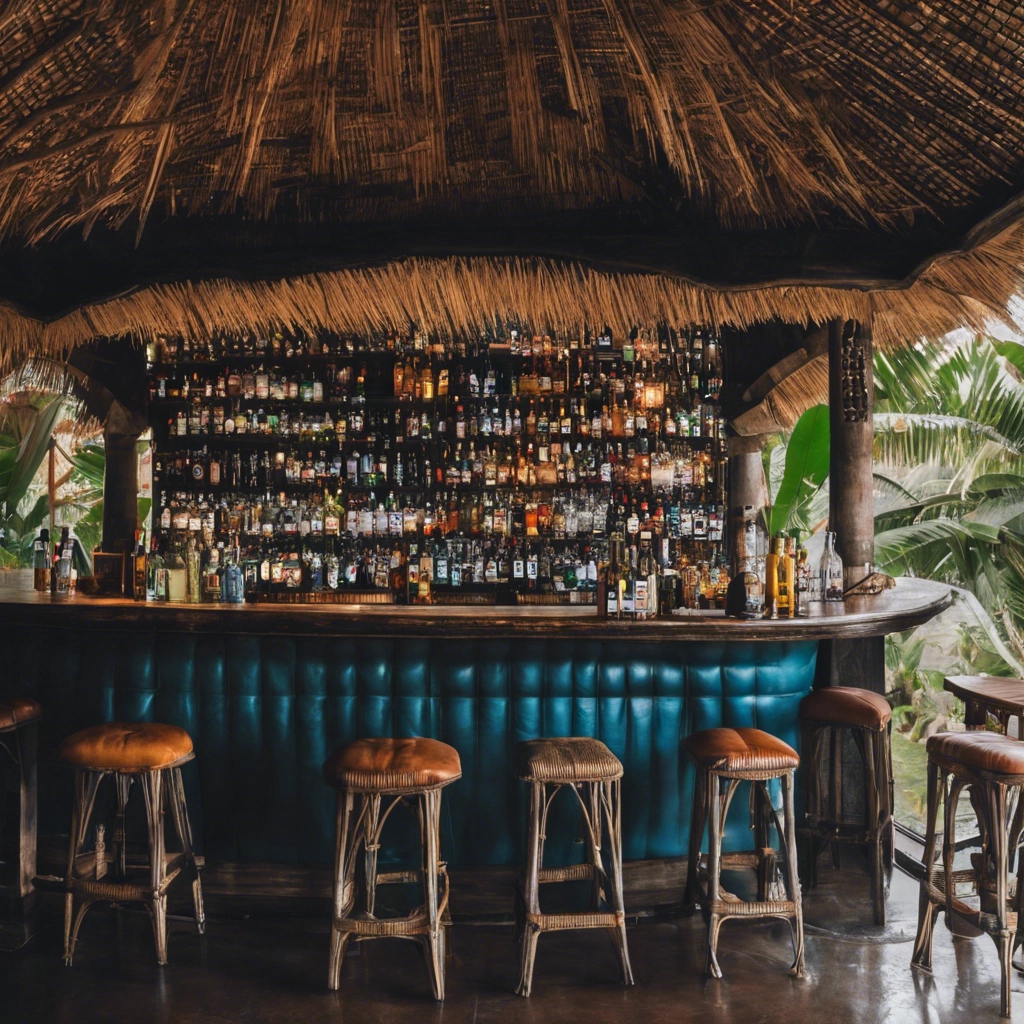
Read also: How to Register your Company in Bali and Jakarta
Get professional legal advice for Indonesia
Indonesia’s legal system is complicated, with its many regulations, licences, and special rules for foreigners. Don’t make the mistake of trying to navigate it alone, and get the help of experienced consultants instead.
At ILA, we can help you with intellectual property, corporate law, drafting, reviewing and managing legal documents, navigating commercial transactions and much more.
You’re not alone. Reach out today to schedule a free consultation or read more about our legal service.
Different class of Alcohol license in Indonesia
The Indonesian government classified alcohol in 3 class depending on the level of ethyl or ethanol contained in the beverage.
|
Class |
Definition |
| A | Containing ethyl alcohol or ethanol (c2H50H) with a level 1% up to 5%; |
| B | Containing ethyl alcohol or ethanol (c2H50H) with a level of more than 5% up to 20%; |
| C | Containing ethyl alcohol or ethanol (c2H50H) with a level of more than 20% up to 55%. |
Step-by-Step Guide to Applying for an Alcohol License NPPBKC
Required Documents and business requirements for alcohol license
The application process requires meticulous preparation of documents, including:
- Deed of Establishment
- Ministry Approval
- Tax ID/NPWP
- Identity and NPWP of the Director
- Business Identification Number (NIB)
- Standard Certificate from OSS System
- Detailed information about the business location, including floor plans and photo.
Procedure
The application process involves different parties such as the costumes and local authorities. It is important to make sure that all your documents are up to date before starting the process and not operating before the application.
Online single submission (OSS)
The first step is to submit your application online through the online single submission system (OSS) to apply for the Operating License (PB UMKU) and select the appropriate business code before applying to get the certificate of Direct Seller of Alcohol Drinks (SKPL) for the class of alcohol your business will sell. You need to submit the payment of your application online before continuing with the alcohol license application.
Site inspection
The second step to obtain an alcohol license in Indonesia is the site inspection. The local authorities will conduct an inspection to verify where the alcohol is stored and sold to your clients. The director of the company PT PMA will have an interview with the authorities.
Issuance
- Final Submission: Submit additional documents online, including a statement letter and business presentation.
- Business Presentation: Present your business case at the Customs office.
- Licence Issuance: After verification, the NPPBKC will be issued, valid for 5 years.
Navigating Alcohol Taxation in Indonesia
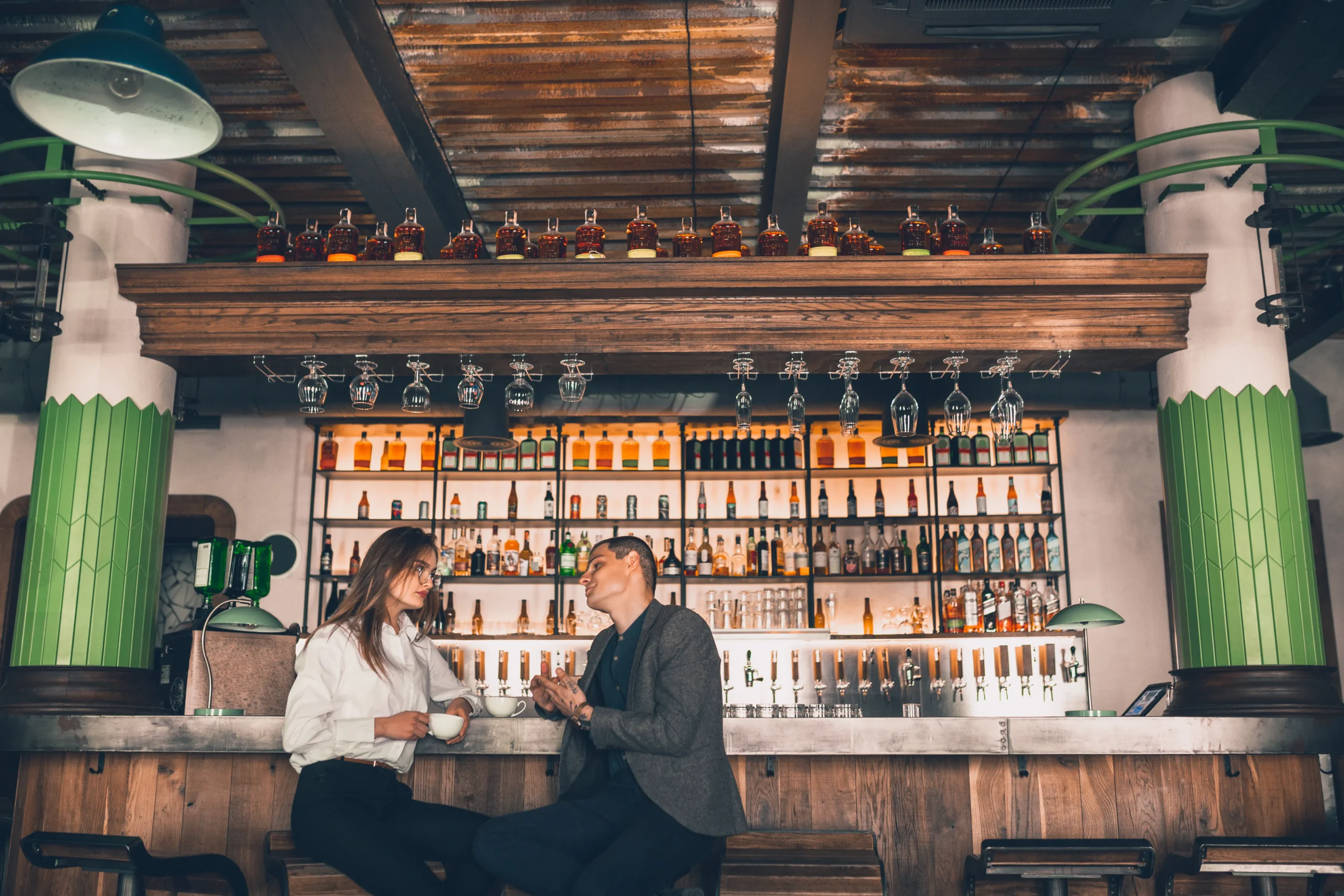
Understanding alcohol taxation in Indonesia is pivotal for any foreign entrepreneur looking to enter the alcohol selling market. Indonesia imposes a hefty import duty on alcoholic products, reflecting the government’s stringent control over alcohol due to religious, social, and health considerations.
As of a regulation issued in 2015, import duties on alcoholic beverages are set at a staggering 150% of their market price. This includes beverages with an alcohol content of less than 80 percent, such as brandy, whisky, vodka, gin, and rum. This significant tax rate is part of Indonesia’s broader approach to managing alcohol consumption and sales, balancing between allowing legal alcohol trade and addressing concerns related to health and public order.
As described above, Indonesia categorizes alcoholic beverages into three classes based on their alcohol percentage: less than 5% (Class A), 5%–20% (Class B), and more than 20% (Class C). This classification impacts the taxation level and regulatory requirements for each category, influencing business operations for establishments selling alcoholic beverages.
You must navigate these taxation policies carefully, ensuring compliance to avoid legal issues and financial strain. Contact us to manage these aspects effectively, ensuring that your business remains profitable and compliant.
FAQ
1. Why do I need an alcohol license for my restaurant or bar in Bali?
To legally sell alcohol in your establishment, you must obtain an alcohol license. This ensures your business operates legally and builds trust with customers and local authorities. However, an alcohol license for selling alcohol does not permit you to produce it.
2. How is alcohol taxed in Indonesia?
Indonesia imposes a high import duty on alcoholic products, with a regulation set in 2015 that sets import duties at 150% of the market price for beverages with an alcohol content of less than 80 percent. This includes beverages like brandy, whisky, vodka, gin, and rum. The classification of alcoholic beverages (Class A, B, and C) impacts the taxation level and regulatory requirements.
3. What is the role of the Ministry of Trade and local government bodies in alcohol licensing?
The Ministry of Trade and local government bodies are responsible for issuing alcohol licenses in Indonesia. Regulations can vary between regions, so it is essential to familiarize yourself with these nuances to avoid legal issues.


